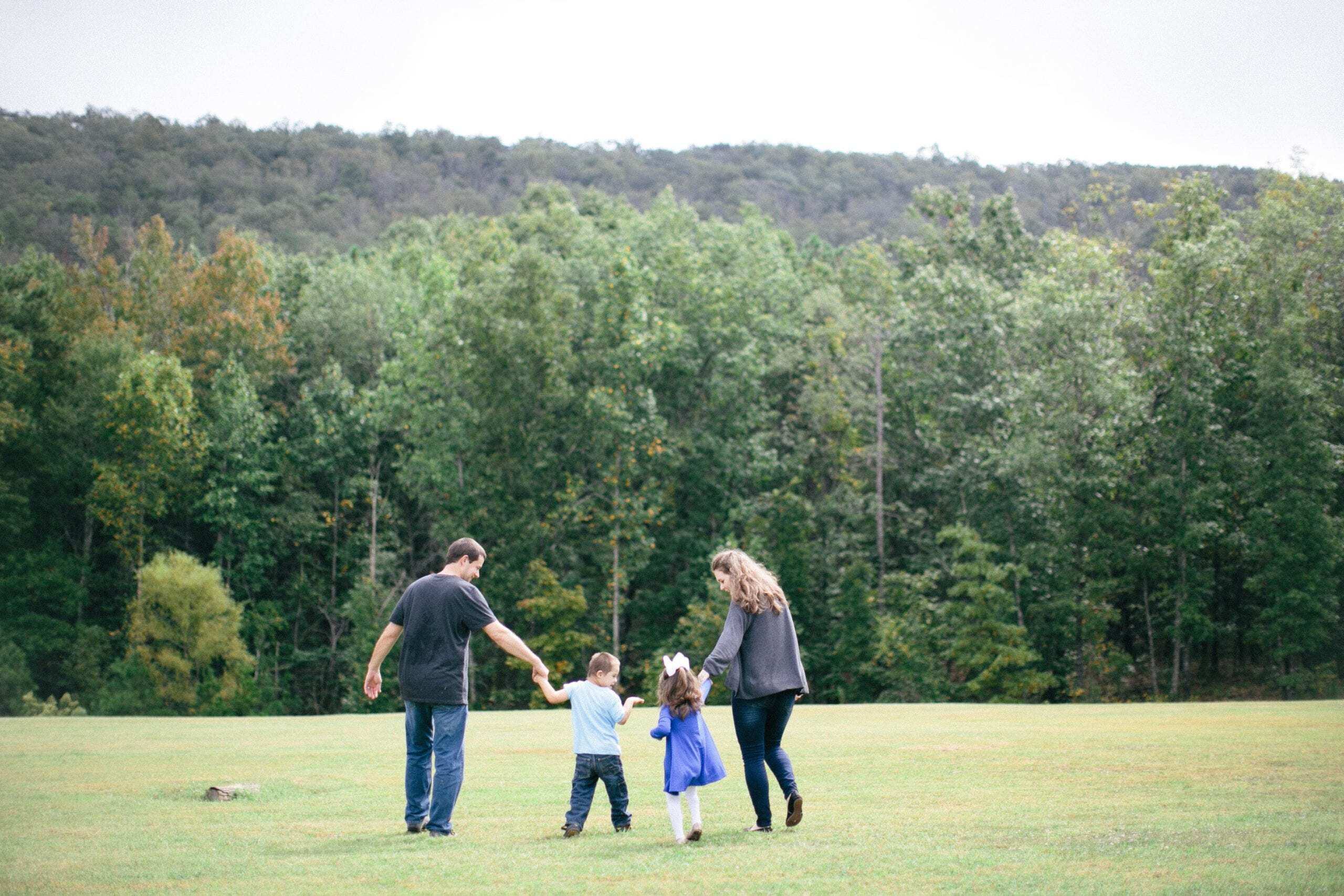Herbie Newell was recently in Kansas meeting with a real estate agent about a piece of property. When the man asked him what he did for a living, Newell told him.
Newell works for Lifeline Children’s services, a pro-life Christian organization that has supported children and mothers for 40 years.
The man broke down and cried. He confessed to having paid for an abortion over 20 years ago and told Newell he thinks about it every day. Not only that, but the man said he spoke recently to the child’s mother. She’s spent the last 23 years thinking about it, too.
“No matter how much the left wants to hide these studies, these studies are staggering at the number of women who’ve had abortions who will tell you they think about that child each and every day of their life,” Newell said.
Just under 10 years after the Supreme Court instituted federal protection for abortion in Roe vs. Wade, Lifeline started in 1982 in response to the rising number of women experiencing unplanned pregnancies.
Instead of encouraging abortion or leaving the mothers to their own devices, Lifeline founders Whales Gobel and John Carr decided to do everything they could to take care of the women and children themselves.
Today, Lifeline offers a variety of services, not only for mothers looking to give their children up for adoption but also for orphans and even mothers experiencing unexpected pregnancies who still plan to parent the baby.
Five pillars
Lifeline operates on five pillars: adoption, pregnancy, family care reunification, orphan care and counseling.
Though the majority of women who come to Lifeline for help have already made the decision to keep their babies, Lifeline compassionately helps the remainder of the women consider the realities of their choices.
“We want to help women understand that you can’t undo what has happened, so you have to make a proactive choice for what [they’re] going to do for both [them] and [their] child," Newell said. "The left and the pro-abortion lobby has really painted this picture of ‘you can undo this pregnancy.’ But you can’t undo the pregnancy. Abortion is exactly that: abort.”
Through its pregnancy ministry, Lifeline teaches mothers the values of not only their unborn child’s life but also their own. Lifeline works with local churches to produce its “Worthy” curriculum, which is intended to unlock women’s gifts so that they can make the best decisions for their children.
Lifeline also helps parents who have lost their children to foster care work toward reunifying their families. These parents typically end up in family court, and many of them also end up in drug court. In order to get their children back, parents are required to take a series of parenting classes.
Many states, such as Alabama, provide these classes, but they’re often inflexible and limited. Lifeline’s classes are offered in 19 states and have, as of now, graduated 250 individuals.
Of these individuals, only 20% have relapsed, meaning a vast majority have never had to send their children back into foster care due to the same issues arising again. When Lifeline first started, the relapse rate was as high as 70%.
Newell attributed Lifeline’s success to its ability to make connections for the parents. Lifeline works hard to create a community around the parents and give them the resources the state is unable to provide.
Lifeline also works with orphans both domestically and internationally. Unlike similar organizations, Lifeline helps find homes for orphans in their own country unless the resources there are insufficient to meet the child’s needs.
“We’ve got to go in and help create domestic alternatives for these children,” Newell said. “We’ve got to introduce them to the church. We’ve got to help these orphanages have a plan to be able to get these kids in the places where they’re going to be taken care of, where they’re going to have a hope for their future.”
To do this, Lifeline works with churches in communities around the world and provides counseling for adopted children.
Newell said they’ve found a big difference in the issues faced by adoptive families as opposed to biological families. Research shows children can experience trauma inside the home due to substances and other factors.
Lifeline helps these families identify and address issues from the child’s past.
In 2019, Lifeline launched Bridge Educational Services, which provides educational resources for adoptive families. Newell said Bridge exploded during COVID-19 after many families turned to homeschooling their children.
“We don’t want these families just to survive,” Newell said. “…We want them to thrive.”
Donations
To avoid being beholden to alternative interests, Newell and his colleagues avoid taking any funds from the government.
“We want to serve the system, not be employed by the system,” Newell said.
Almost a third of Lifeline’s revenue comes from fees for their services like counseling, education and adoption, but most of their revenue comes from individual contributions.
Newell said the best way to help is to go to lifelinechild.org or call 205-967-0811.
Those seeking help can also find resources online and reach out to that number.
To connect with the author of this story, or to comment, email will.blakely@1819news.com or find him on Twitter and Facebook.
Don’t miss out! Subscribe to our newsletter and get our top stories every weekday morning.










